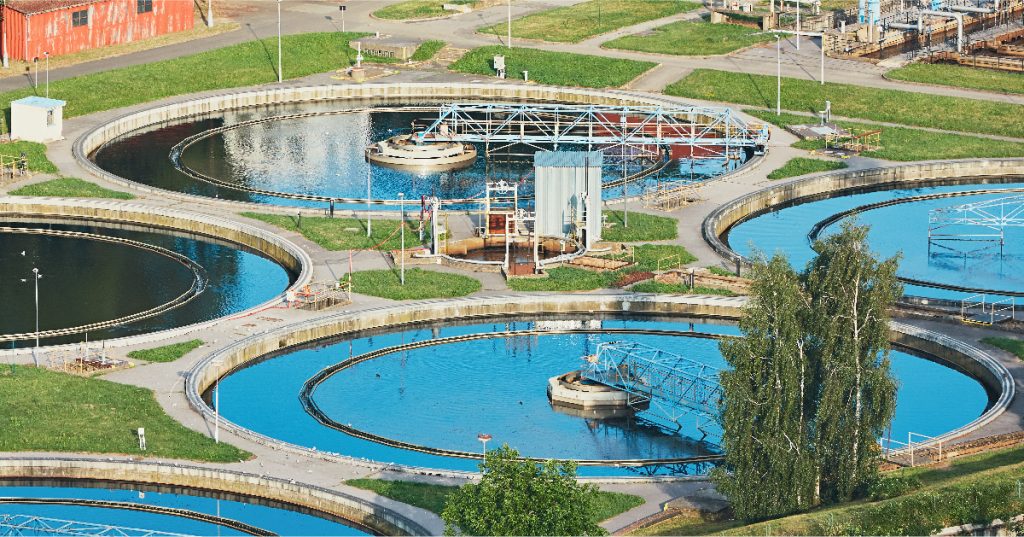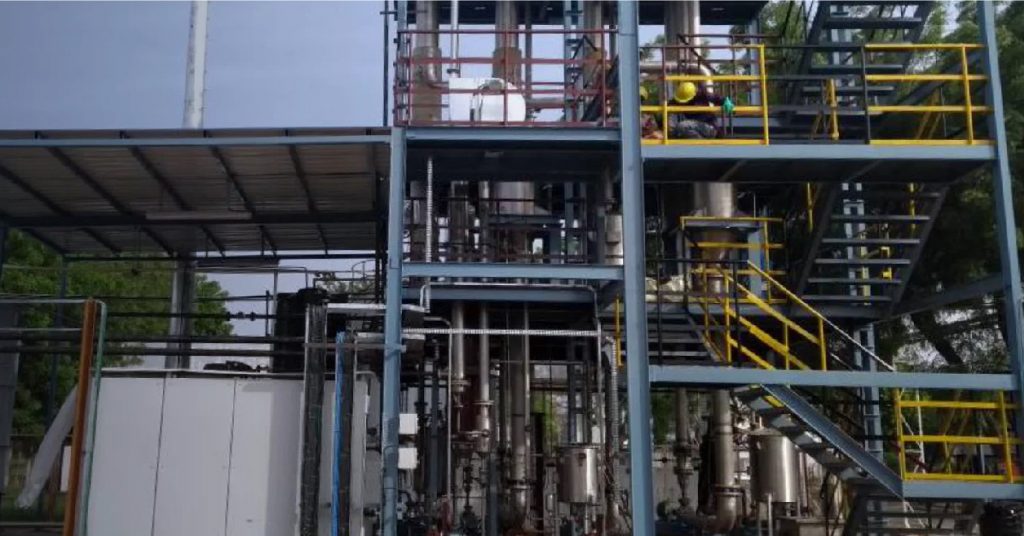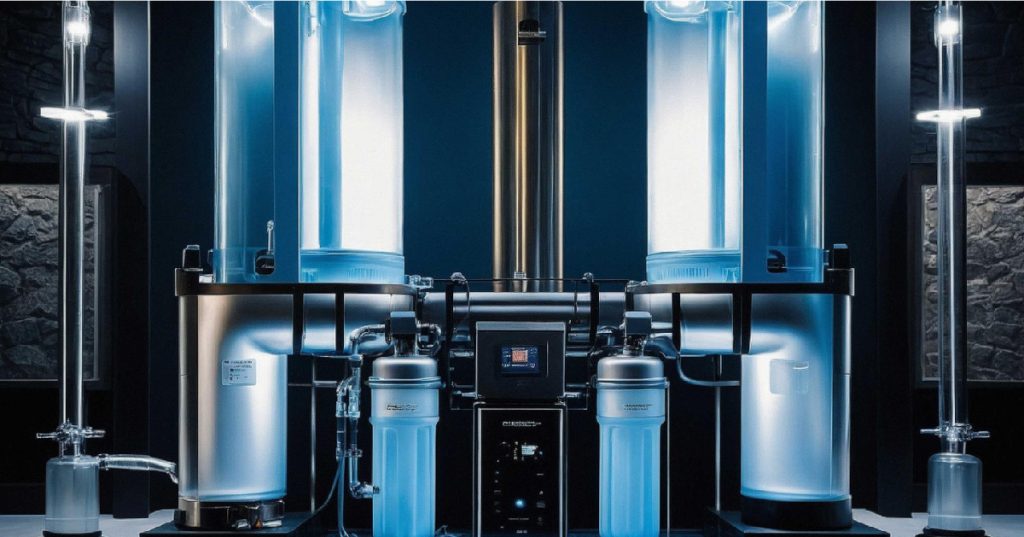Water is central to health, economic growth, and social development. In South Africa, a country marked by both water scarcity and uneven distribution of resources, the importance of building and maintaining resilient water infrastructure cannot be overstated. Growing population demands, climate change, and recurring droughts have made it clear that reliable infrastructure is the backbone of water security. By investing in robust systems, South Africa is not only addressing immediate challenges but also shaping a future of sustainable water access.
Table of Contents
ToggleWhat is Water Infrastructure?
To understand its role in security and sustainability, we first need to answer: What is water infrastructure? Simply put, water infrastructure encompasses the facilities, systems, and technologies that manage water supply, treatment, storage, and distribution. This includes dams, reservoirs, pipelines, treatment plants, pumping stations, and even advanced digital solutions.
In South Africa, this infrastructure extends from rural boreholes that provide basic water access to sophisticated urban plants supplying millions of residents. Without these systems, ensuring safe drinking water, supporting agriculture, and maintaining industrial growth would be impossible.
The Role of Water Infrastructure Management
Effective water infrastructure management is the cornerstone of water security. South Africa faces unique challenges such as uneven rainfall, aging infrastructure, and financial constraints. Poorly maintained systems often result in high water losses through leaks and inefficient operations, undermining supply reliability.
Through proper planning, maintenance, and modernization, water infrastructure management ensures that resources are used efficiently. For example, proactive leak detection, asset monitoring, and workforce training can prevent major disruptions and extend the life of critical assets. This approach not only saves costs but also strengthens trust among communities that rely on these systems daily.
The Shift Toward Smart Water Infrastructure
In recent years, South Africa has been adopting digital technologies to modernize water systems. Smart water infrastructure integrates sensors, real-time data, and automation to optimize performance. These technologies provide valuable insights into water usage, detect leaks early, and monitor quality at multiple points in the network.
By leveraging smart tools, municipalities and utilities can make faster, data-driven decisions. For instance, predictive analytics can forecast demand during drought seasons, while smart meters empower consumers to track and reduce their usage. In a water-scarce country like South Africa, these innovations are essential for long-term sustainability.
Water Infrastructure and Global Water Security
South Africa’s experiences provide lessons for global water management. Secure water infrastructure directly impacts:
- Public Health – Safe treatment and distribution reduce risks of waterborne diseases.
- Economic Growth – Industries, agriculture, and energy sectors rely on steady water access for operations.
- Environmental Balance – Proper systems reduce over-extraction and protect ecosystems.
- Resilience Against Climate Change – Strong infrastructure helps communities adapt to floods, droughts, and rising variability.
By prioritizing resilient and smart systems, South Africa contributes to the broader mission of achieving global water security. Countries around the world facing similar challenges can learn from South Africa’s mix of traditional solutions and modern innovations.
Ion Exchange: Comprehensive Expertise in Water and Environmental Infrastructure
Ion Exchange stands at the forefront of South Africa’s water and environment management landscape, delivering integrated, technology-driven infrastructure solutions. With domain expertise across turnkey design and build, water supply and distribution systems, pipeline projects, and advanced treatment technologies, Ion Exchange enables municipalities, industries, and communities to meet modern-day water challenges. The company’s capabilities span from executing mega-scale EPC projects to implementing decentralized, sustainable models for drinking water purification, sewage treatment, wastewater recycling, and zero liquid discharge (ZLD) systems. Backed by in-house R&D and project management proficiency, Ion Exchange leverages smart engineering and automation to ensure regulatory compliance, operational efficiency, and long-term water security.
Conclusion
Water infrastructure is the foundation of water security in South Africa and beyond. By asking what iwater infrastructure is and focusing on effective water infrastructure management, the country is redefining how communities access and use water. Embracing smart water infrastructure further strengthens this vision, offering data-driven, sustainable solutions for a water-scarce world.
As South Africa advances on its path, it provides a valuable example of how investment, innovation, and management can transform water challenges into opportunities for growth and resilience.





